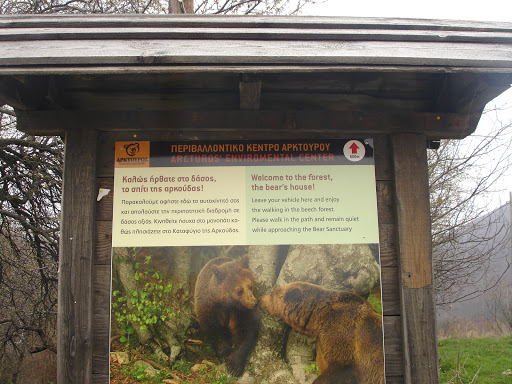Makedonía, is a geographical and historical region of Greece in southeastern Europe. Macedonia is the largest and second most populous Greek region. The region and that of Thrace are often together referred to informally as northern Greece. It incorporates most of the territories of ancient Macedon, a kingdom ruled by the Argeads whose most celebrated members were Alexander the Great and his father Philip II.
The name Macedonia was later applied to identify various administrative areas in the Roman and Byzantine Empires with widely differing borders. Under the Ottomans, the name disappeared altogether.Even before the establishment of the modern Greek state in 1830, it was identified as a Greek province, albeit without clearly defined geographical borders. By the mid 19th century, the name was becoming consolidated informally, defining more of a distinct geographical, rather than political, region in the southern Balkans. At the end of the Ottoman Empire most of the region known as Rumelia (from Ottoman Turkish: Rumeli, "Land of the Romans") was divided by the Treaty of Bucharest of 1913, following the Ottoman defeat in the Balkan Wars of 1912-1913. Greece, Serbia, Bulgaria each took control of portions of the Macedonia (region), with Greece obtaining the largest portion; a small section went to Albania.
The name Macedonia was later applied to identify various administrative areas in the Roman and Byzantine Empires with widely differing borders. Under the Ottomans, the name disappeared altogether.Even before the establishment of the modern Greek state in 1830, it was identified as a Greek province, albeit without clearly defined geographical borders. By the mid 19th century, the name was becoming consolidated informally, defining more of a distinct geographical, rather than political, region in the southern Balkans. At the end of the Ottoman Empire most of the region known as Rumelia (from Ottoman Turkish: Rumeli, "Land of the Romans") was divided by the Treaty of Bucharest of 1913, following the Ottoman defeat in the Balkan Wars of 1912-1913. Greece, Serbia, Bulgaria each took control of portions of the Macedonia (region), with Greece obtaining the largest portion; a small section went to Albania.
The region was an administrative subdivision of Greece until the administrative reform of 1987, when the region was divided into the peripheries of West Macedonia and Central Macedonia and part of the periphery of East Macedonia and Thrace, the latter containing also the whole of the region of Thrace.
----------------------------------------------
----------------------------------------------
ARCTUROS' Environmental Centre (source: http://www.arcturos.gr) was established in Aetos Florina, which originally was founded to provide shelter and care for bears and wolves that were found in a situation of illegal captivity.Nowadays with more than 50.000 visitors per year the Centre has become a focal point for the region and aims in:
- Raising public awareness on conservation issues
- Promoting scientific research on large carnivores and their habitats
- Assisting international collaboration in the South Balkans
- Contributing the sustainable development of the wider region
- Promoting voluntarism
Nympheo became inhabited around 1385 by Vlachs Odites, i.e. Latin originated Greeks of Macedonia, who guarded the neighboring Egnatia Road for about 1,400 and then fled to the inaccessible mountains after heavy fights against the Ottoman invaders with whom came to negotiations afterwards since they were privileged with prerogatives of local government, given the right to bear arms under the presupposition of being subordinated to Valinte Soultana (mother of the Sultan), to whom they had to pay lower taxes.






